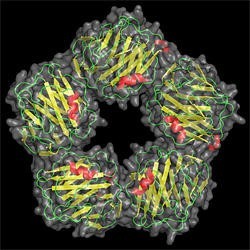
Why should you do a Hs-CRP?
CRP or the C reactive protein is a protein which is made by the liver in response to inflammation anywhere in the body. Hs-CRP is more sensitive than the CRP and can detect lower levels of this protein in the blood. High Hs-CRP levels indicate a risk of getting coronary heart disease. Also, in people who have had a cardiac event, if the Hs-CRP is high, they have higher chances of having a heart attack. If the Hs-CRP levels are normal, the likelihood of another cardiac event is low. Hs-CRP can also be increased in other inflammatory conditions and does not tell the cause of the inflammations. Hs-CRP has to be interpreted with other investigations and clinical features and lifestyle patterns

Zinc: Everything You Need to Know
Zinc is an essential micronutrient that plays a fundamental role in maintaining good health of our immune system, skin, gastrointestinal tract and nerves. It is required for…

VITAMIN D/ Some sunshine in the day. Keeps the pain away
Ever wondered why everybody seems to be complaining of chronic back aches lately, and that lethargy that stays around us all day long! Regular workouts and a…
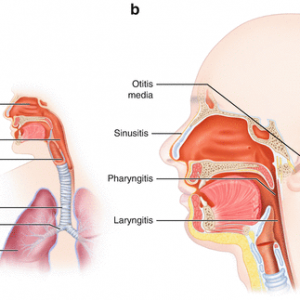
UPPER RESPIRATORY TRACT INFECTIONS (URIS)
Upper respiratory tract infections (URIs) are amongst the most common infections in the adults and children. Although the respiratory infections can happen any time they are more…
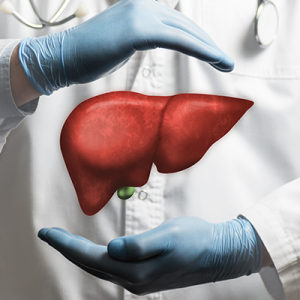
UNDERSTANDING YOUR LIVER
1. LIVER AND ITS FUNCTIONS The liver is an organ that lies on the right side of the abdominal cavity. It performs many functions that include synthesizing…

Common Tests During Pregnancy
A pregnancy lasts up to 40 weeks and these weeks are grouped into three different trimesters. The second trimester is 13-27 weeks of pregnancy. By the second…
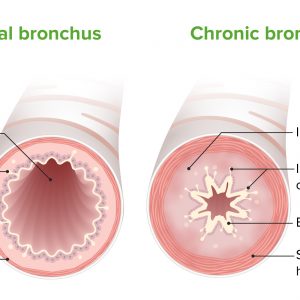
Obstructive lung disease: Symptoms, diagnosis, and treatment
People who suffer from obstructive lung disease also known as airway obstruction have difficulty breathing out all the air from the lungs. Due to the damage to…
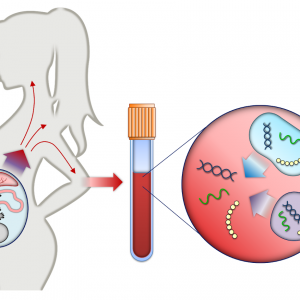
Non-invasive prenatal testing (NIPT) | Pregnancy Birth and Baby
NIPT also known as noninvasive prenatal testing is a blood screening done to determine if the babies DNA is normal or it indicates risk for having genetic…

Irritable bowel syndrome (IBS): Symptoms, treatment, and more
IBS (Irritable bowel syndrome) is a common disorder that occurs when the large intestine is affected. Signs of IBS are abdominal pain, bloating, gas, cramping, mucus in…

Hypertension: Causes, symptoms, and treatments
What is hypertension? Each time your heart beats, blood is pumped through your arteries and veins, the blood vessels of your circulatory system. Arterial blood pressure is…
